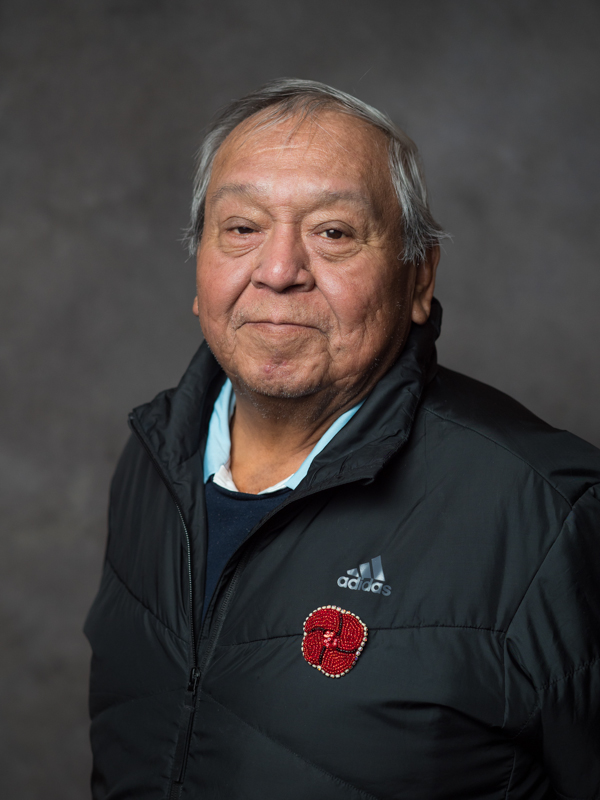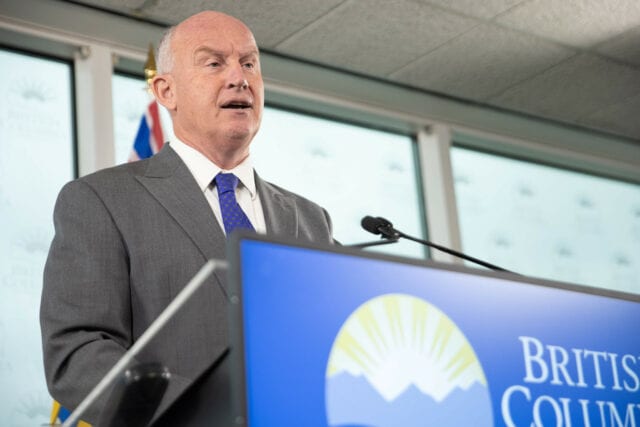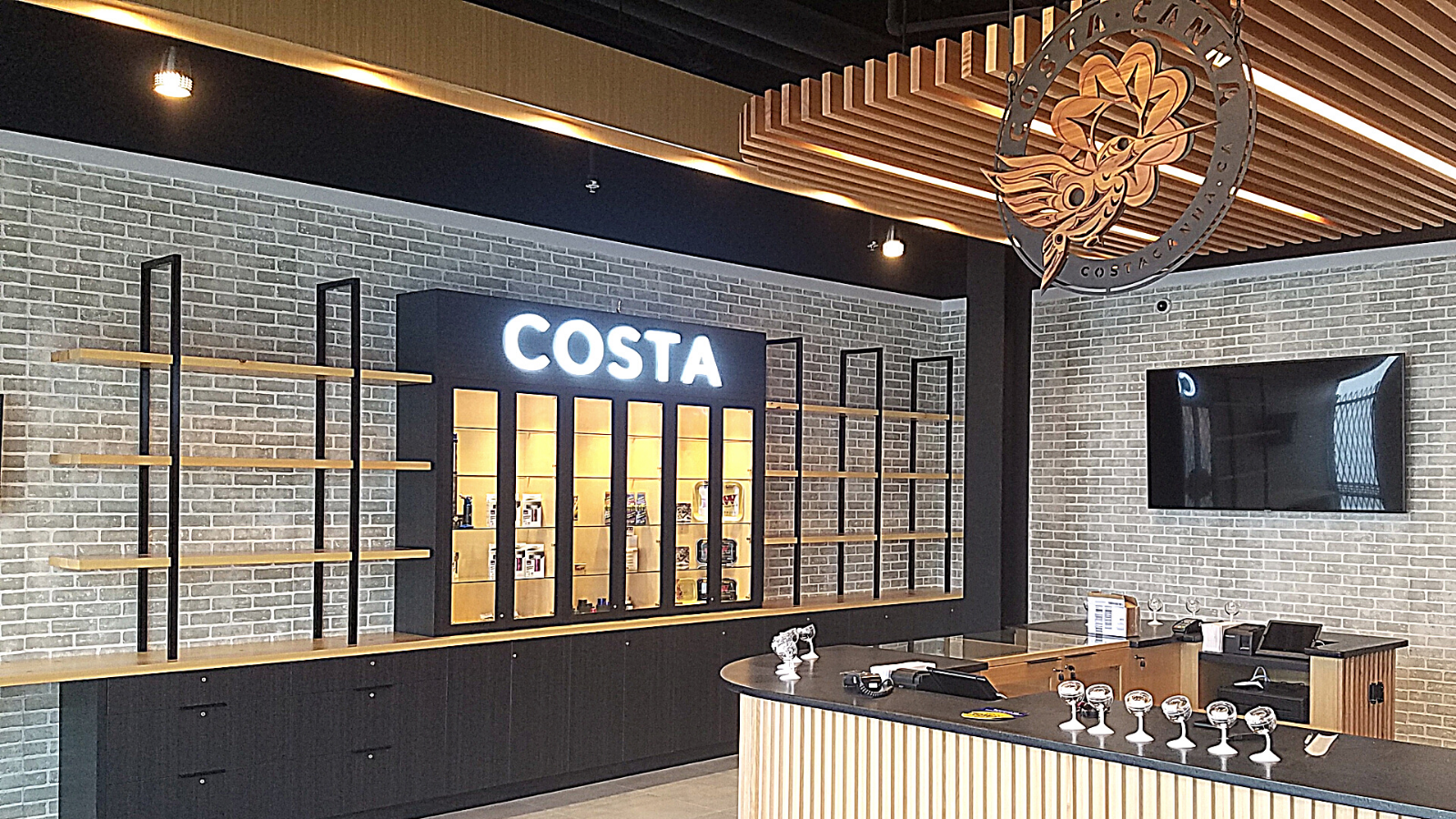The British Columbia government says it’s reached separate agreements with Cowichan Tribes and Snuneymuxw First Nation to allow for cannabis production and retail.
On Tuesday, the province released two statements explaining the permanent agreements with Indigenous operators under Section 119 of the Cannabis Control and Licensing Act, which can authorize cannabis sales and production through agreements between Indigenous Nations and the B.C. government.
Last September, the Williams Lake First Nation reached the first Section 119 agreement with the province to operate cannabis retail stores and offer farmgate sales through a cannabis production facility, which is awaiting federal approvals.
Then last December, the Cowichan Tribes and B.C. government entered a one-year agreement to allow the nation’s cannabis retail operations to continue. That agreement has been made permanent and enables some variation to the provincewide cannabis framework, the province said Tuesday.

Chief William “Chip” Seymour – Squtxulenuhw. Photo via Cowichan Tribe
Both agreements were approved Nov. 29 and the province says they allow for flexibility while maintaining alignment with the provincial regulatory regime.
“Cowichan Tribes has been in negotiations with the province for the past two years to reach an agreement that will support new economic development opportunities and advance our interests in jurisdiction and right to self-determination,” says Squtxulenuhw, also known as Chief William (Chip) Seymour of Cowichan Tribes.
“This agreement is a positive move forward and reflects the commitment of both our nation and the province to continue working government to government to advance our respective priorities and objectives in the cannabis sector. Further discussions are needed, but we are very positive we will achieve our collective goals.”
Cowichan Tribes co-owns Costa Canna stores, with locations in Duncan, Colwood and Saanich.
“This agreement reflects our commitment to reconciliation, economic self-determination for Indigenous Peoples and their full participation in the cannabis sector,” Public Safety Minister Mike Farnworth says.
Snuneymuxw to open new store in 2022
Shortly after the province announced the Cowichan agreement, it released details on another cannabis agreement.
Through its agreement, Snuneymuxw First Nation will be establishing a cannabis retail store, expected to open in January.
“The Section 119 agreement is significant for Snuneymuxw,” says Chief Mike Wyse of Snuneymuxw First Nation. “The Section 119 agreement creates career opportunities for our people, income for our government and, most importantly, an opportunity to further advance economic reconciliation and develop our economy as a nation.”
Snuneymuxw can own and operate one or more stores throughout the province, according to the agreement.
While the province says the nation is focused on operating retail stores, there’s room for “greater participation in the cannabis industry.”
Farnworth says the agreement is an important milestone that “demonstrates the benefits of the province and First Nations working together to develop a vibrant cannabis sector in B.C.”

Public Safety Minister Mike Farnworth said the CSU is focused on enforcing cannabis laws. Image via Province of British Columbia Flickr
In July, Farnworth said there’s a growing interest in Section 119, and while the government would be shifting its focus to enforcement, that wouldn’t be the approach on First Nations land.
Read more: BC focuses on cannabis enforcement as illicit market shrinks
Read more: BC considering cannabis consumption lounges
The province concludes Tuesday’s statements by saying it’s committed to supporting growth of the cannabis industry, including the development of direct delivery and farm-gate sales expected to launch in 2022.
Mugglehead recently asked the B.C. government for an update on the Indigenous shelf space program — which was expected to start this year.
“The BC Indigenous Cannabis Products program will be launching early in the New Year. Timelines were delayed slightly as a result of the provincial state of emergency and the need for resources to focus on the movement of essential goods during this challenging time,” read a response from Farnworth’s office.
Read more: NDP doles out pre-election positivity to its BC buds
Follow Kathryn Tindale on Twitter
kathryn@mugglehead.com














